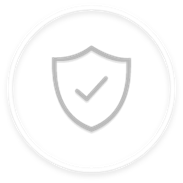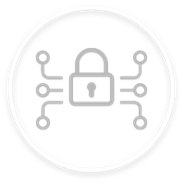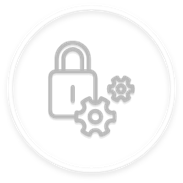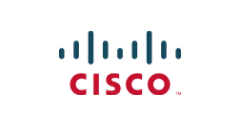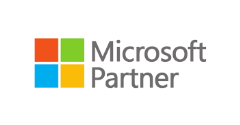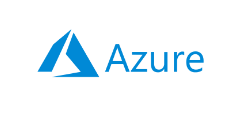With our cyber security consultancy, we tailor our approach to your specific needs, providing either comprehensive solutions or targeted attention to key areas.
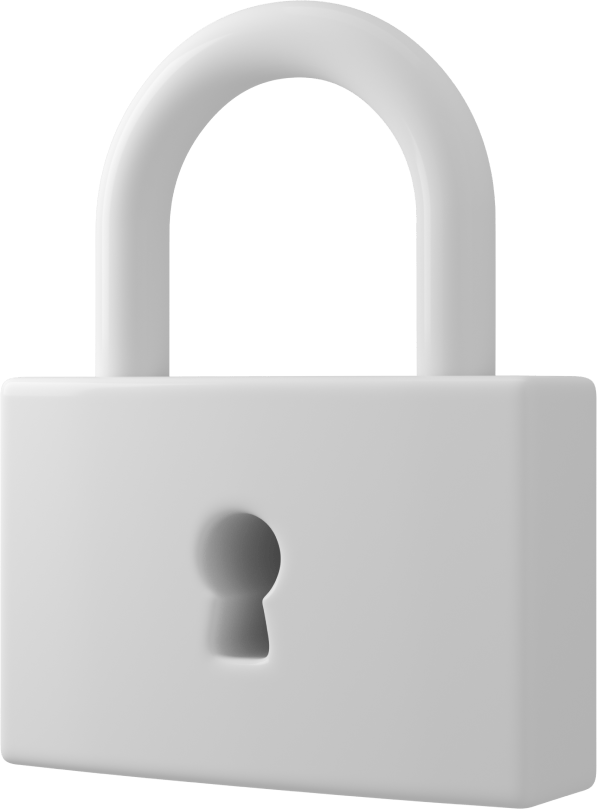
Cyber Security Managed Services
Partnering with us for your managed cyber security needs means gaining access to a team of dedicated cyber security consultants who will thoroughly assess your current practices to identify areas for improvement and vulnerabilities. We then create customised solutions through our cyber security managed services, tailored specifically to your business requirements.
Our experts specialise in building comprehensive cyber security frameworks from the ground up, ensuring your organisation is well-equipped to handle the intricate and ever-evolving landscape of digital threats. From the boardroom to the back office, we guarantee that your business remains secure and resilient against cyber attacks.
Contact our experts
Many IT security consulting companies offer set packages, but not us. Our approach is to build the best IT support for companies either holistically or in priority-focused areas. We aren’t just providing the managed IT security solution for small businesses but large enterprises as well. Consult cyber security consultants for IT security insights, why not chat with one of our cybersecurity experts who can advise you on the best possible security solution for you?
For IT security for business peace of mind, the solution must be robust and all potential weaknesses should be taken into account to keep your business protected.
Protect your business with proactive, round-the-clock monitoring and support. Our cyber security managed services offer comprehensive protection, ensuring your systems are constantly safeguarded against emerging threats and vulnerabilities. With our customised solutions and expert oversight, we keep your data secure, so you can focus on growing your business with peace of mind.
Stay ahead of potential cyber threats with expert advice and strategic planning. Our cyber security consultancy services help you assess risks, design robust security frameworks, and implement best practices. We work closely with your team to ensure your business is equipped with the tools and knowledge to prevent breaches, minimise risks, and maintain compliance.

Chat Online

Effective security solution must be robust, and all potential weaknesses should be taken into account to keep your business protected.
- Malware: Malicious software such as viruses, worms, spyware, and ransomware.
- Phishing: Fraudulent attempts to obtain sensitive information by disguising as a trustworthy entity.
- Man-in-the-Middle Attack: Eavesdropping on the communication between two parties.
- Denial-of-Service Attack: Flooding systems, servers, or networks with traffic to exhaust resources and bandwidth.
- Implementing strong security policies and protocols.
- Regularly training employees on cybersecurity best practices.
- Using firewalls and intrusion detection/prevention systems.
- Regularly updating and patching systems and software.
- Conducting regular security audits and risk assessments.
Vulnerability assessment:
Leverage risk-based assessment
to prioritize imminent and
impactful vulnerabilities.
Security configuration:
Identify configuration drifts and
misconfigurations and bring
them back to compliance.
Web server hardening:
Safeguard your internet-
facing servers from many attacks.
Active port audit:
Identify active ports and
instances where a part
has been activated by
malicious executables.
Patch management:
Automate the entire cycle of
patching to Windows,
Mac, Linux and over
350 third-party applications.
High-risk software audit:
Audit and eliminate the
unauthorized and any
unsupported software
in your network with the
click of a button..

